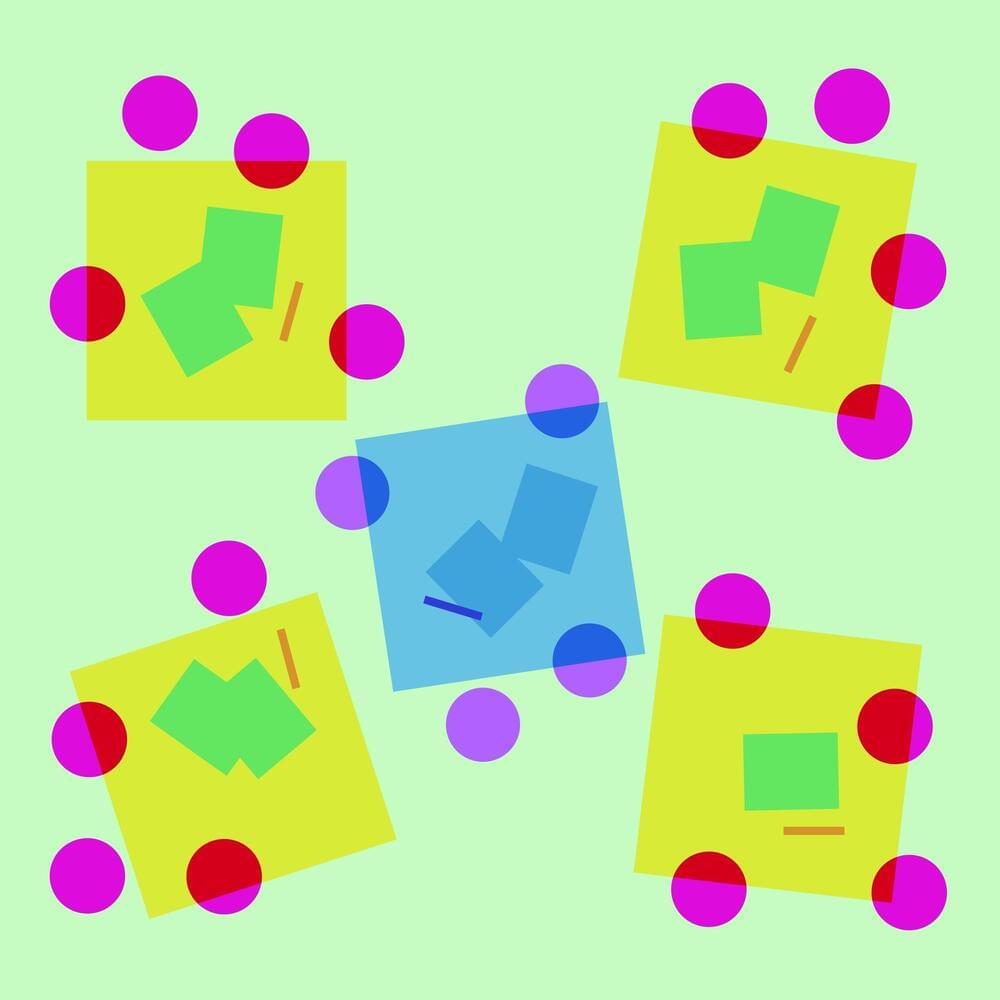Archive for the ‘education’ category: Page 40
We’re releasing a guide for teachers using ChatGPT in their classroom—including suggested prompts, an explanation of how ChatGPT works and its limitations, the efficacy of AI detectors, and bias.
Aug 31, 2023
What Exactly Is Nanotechnology? Iron Man Nanotech, A New Frontier, Nanotechnology explained
Posted by Dan Breeden in categories: education, media & arts, mobile phones, nanotechnology
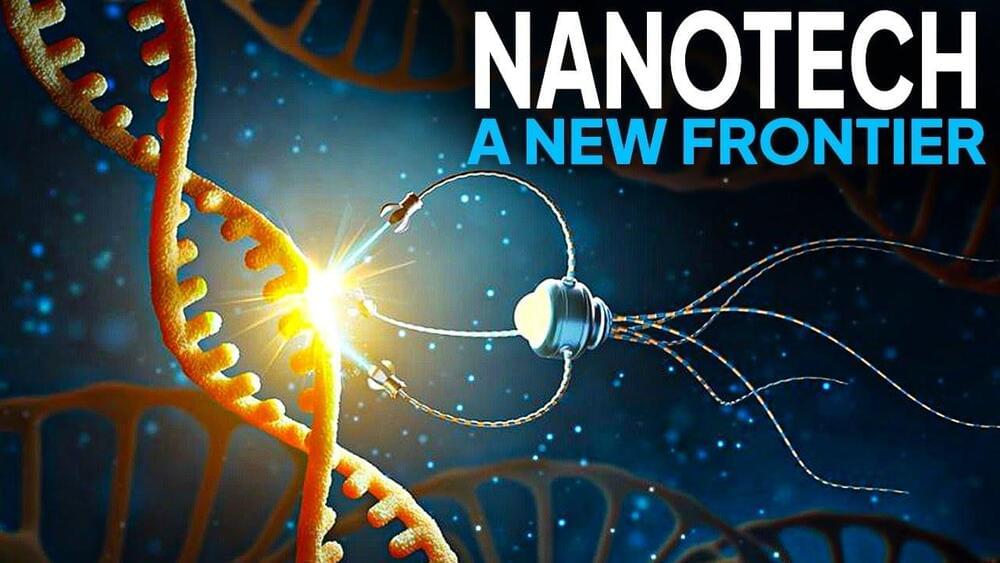
Nanotechnology is without a doubt one of the most exciting future technologies, but what is it exactly? And how will it benefit mankind? Well sit back and get comfy because in todays video, we will be answering all of those questions and more!IPhone wireless charging cases — https://amzn.to/3bz0oRg.
IPhone Backup — https://amzn.to/3w8Usbj.
Wireless Earbuds — https://amzn.to/2ZTjwau.
IPhone Bargains — https://amzn.to/3jXvCGb**** Gears and Equipment we use****
1. Fully Automatic Espresso Machine — https://amzn.to/3bdHcbr.
2. Perfect Desk Chair — https://amzn.to/2ZlMNd2
3. Wireless Mechanical Keyboard — https://amzn.to/3pA71Lw.
4. Wireless DTS Headphone — https://amzn.to/3juz2Qv.
5. Vocal Microphone — https://amzn.to/2XEDsN4
6. UltraWide Monitor — https://amzn.to/3jyteWg**** Free Handy Tools YOU must try ****Tubebuddy In-depth channel/video analysis– https://bit.ly/3y0SOc6
Amazon Prime — https://amzn.to/3mb0BzG
Epidemic Music — https://bit.ly/3FDplbT
Fiverr — Freelance Marketplace — https://bit.ly/3FFARnL
Here at Future Now we aim to bring you the most informative, fascinating and engaging Technology videos on YouTube.🔔 Subscribe To Our Channel: https://bit.ly/3nRoVH8
Copyright Disclaimer:
Under section 107 of the Copyright Act 1976, allowance is made for “fair use” for purposes such as criticism, comment, news reporting, teaching, scholarship, education and research. Fair use is a use permitted by copyright statute that might otherwise be infringing. Non-profit, educational or personal use tips the balance in favor of fair use. *DISCLOSURE*
We are affiliated, but not sponsored by any product featured in this video.
Some links in the description are affiliate links to products, which means if you click on them and buy the product, we will receive a small commission.
Not being sponsored allows us to keep our own opinions and provide product reviews without bias. From the millions of products, we appreciate your support.#NanoTech #Nanotechnology #NanoTechHacking
Aug 30, 2023
The 9 AI Skills You Need NOW to Stay Ahead of 97% of People
Posted by Shubham Ghosh Roy in categories: education, finance, information science, robotics/AI, transportation
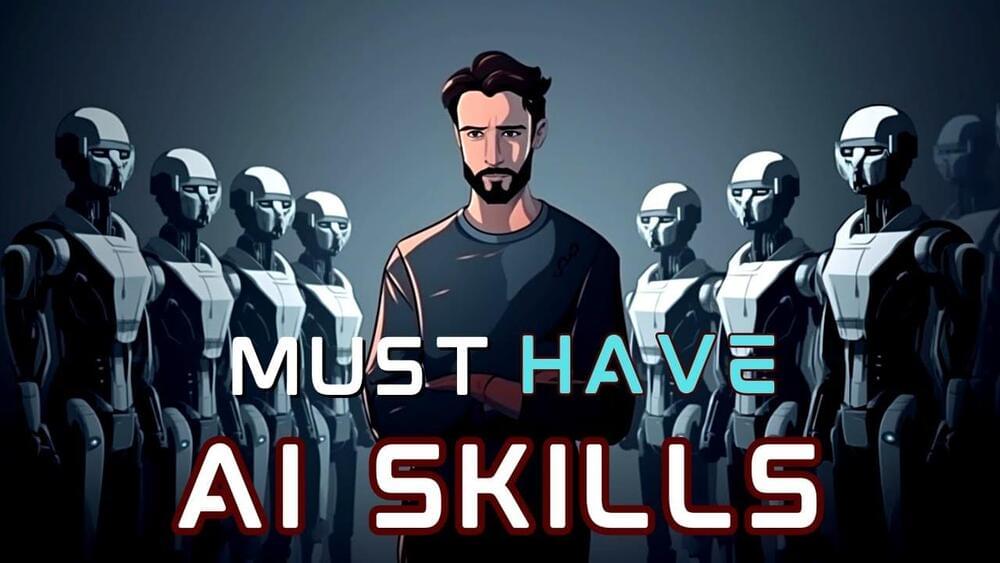
Keep Your Digital Life Private: Stay Safe & Secure Online with NordVPN: https://nordvpn.com/safetyfirst.
Welcome to our latest educational video, “The 9 AI Skills You Need NOW to Stay Ahead of 97% of People.” This video is designed for anyone eager to take a deep dive into the world of artificial intelligence and machine learning. Our goal is to provide you with the most essential AI skills needed to excel in this rapidly evolving field, keeping you ahead of the curve and well-positioned in the job market.
In this comprehensive guide, we explore nine fundamental AI skills, ranging from understanding algorithms to deep learning, data science, natural language processing, computer vision, robotics, and more. We also provide practical tips on how to apply these skills in real-world scenarios, whether you’re an AI enthusiast or a seasoned professional.
Continue reading “The 9 AI Skills You Need NOW to Stay Ahead of 97% of People” »
Aug 30, 2023
USA Today Owner Pauses AI Articles After Butchering Sports Coverage
Posted by Kelvin Dafiaghor in categories: education, ethics, robotics/AI
That was fast.
The Columbus Dispatch, a newspaper serving the Columbus, Ohio area, has suspended its AI efforts after its AI-powered sports writing bot was caught churning out horrible, robotic articles about local sports, Axios reports.
The Dispatch — which is notably owned by USA Today publisher Gannett — only started publishing the AI-generated sports pieces on August 18, using the bot to drum up quick-hit stories about the winners and losers in regional high school football and soccer matches. And though the paper’s ethics disclosure states that all AI-spun content featured in its reporting “must be verified for accuracy and factuality before being used in reporting,” we’d be surprised if a single human eye was laid on these articles before publishing.
Aug 27, 2023
How Hackers Hack Any Websites in Minutes?!
Posted by Shubham Ghosh Roy in categories: cybercrime/malcode, education
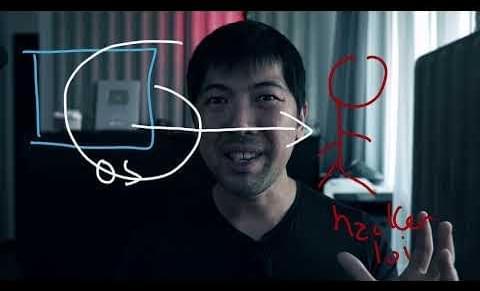
// Membership //
Want to learn all about cyber-security and become an ethical hacker? Join this channel now to gain access into exclusive ethical hacking videos by clicking this link: https://www.youtube.com/channel/UC1szFCBUWXY3ESff8dJjjzw/join.
// Courses //
Full Ethical Hacking Course: https://www.udemy.com/course/full-web-ethical-hacking-course/
Full Web Ethical Hacking Course: https://www.udemy.com/course/full-web-ethical-hacking-course/
Full Mobile Hacking Course: https://www.udemy.com/course/full-mobile-hacking-course/
Continue reading “How Hackers Hack Any Websites in Minutes?!” »
Aug 27, 2023
Human Immortality | Life Extension | Advancements in Science
Posted by Shubham Ghosh Roy in categories: biotech/medical, economics, education, life extension, science
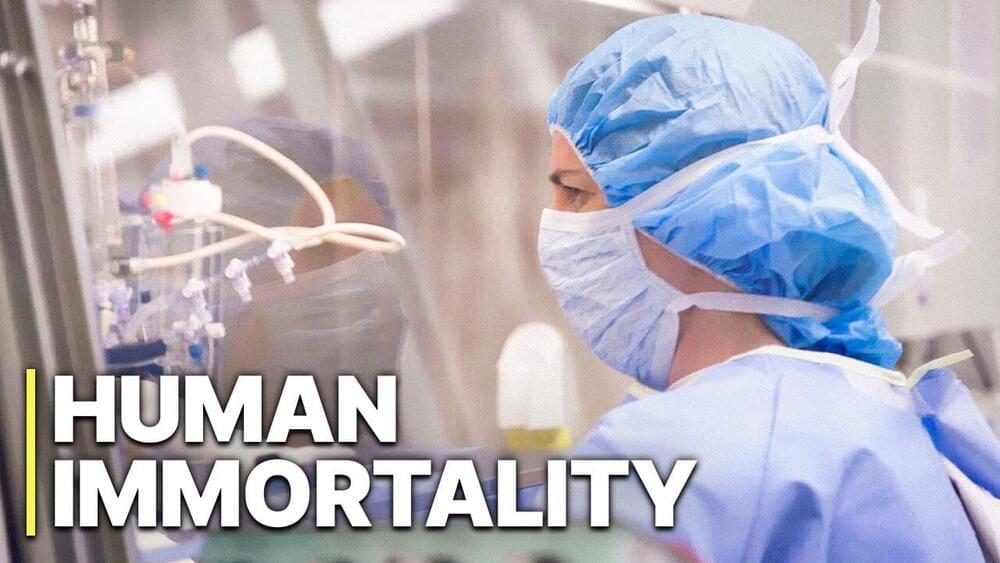
Human Immortality — If you thought Human Immortality was just a concept in science fiction, this episode reveals how it will become science fact. For some scientists featured in this program, achieving Immortality is not a question of ‘If’. The real question is ‘When?’.
Human Immortality (2022)
Director: Emma Watts.
Writers: Kyle McCabe, Christopher Webb Young.
Stars: Samantha Brady, Aubrey DeGrey, Leonard Guarente.
Genre: Documentary.
Country: United States.
Language: English.
Release Date: August 31, 2022 (United States)
Continue reading “Human Immortality | Life Extension | Advancements in Science” »
Aug 25, 2023
4 Charts That Show Why AI Progress Is Unlikely to Slow Down
Posted by Shubham Ghosh Roy in categories: business, education, law, robotics/AI
In the last ten years, AI systems have developed at rapid speed. From the breakthrough of besting a legendary player at the complex game Go in 2016, AI is now able to recognize images and speech better than humans, and pass tests including business school exams and Amazon coding interview questions.
Last week, during a U.S. Senate Judiciary Committee hearing about regulating AI, Senator Richard Blumenthal of Connecticut described the reaction of his constituents to recent advances in AI. “The word that has been used repeatedly is scary.”
The Subcommittee on Privacy, Technology, and the Law overseeing the meeting heard testimonies from three expert witnesses, who stressed the pace of progress in AI. One of those witnesses, Dario Amodei, CEO of prominent AI company Anthropic, said that “the single most important thing to understand about AI is how fast it is moving.”
Aug 24, 2023
Peter Diamandis: ‘In the next 10 years, we’ll reinvent every industry’
Posted by Omuterema Akhahenda in categories: education, finance, life extension, Peter Diamandis, singularity
Peter Diamandis is best known as the founder of the XPrize Foundation, which offers big cash prizes as an incentive for tech solutions to big problems. The entrepreneur and investor is also co-founder of the Singularity University, a Silicon Valley-based nonprofit offering education in futurology. His new book, The Future Is Faster Than You Think, argues that the already rapid pace of technological innovation is about to get a whole lot quicker.
Do you think people are worried about where technology is going to take us? I can palpably feel how fast things are changing and that the rate of change is accelerating, and I have picked up a growing amount of fear coming from people who don’t understand where the world is going. And that is not good when you’re trying to solve problems. This book is about giving people a roadmap for where things are going over the next decade so they have less fear and more anticipation. Because, yes, in the next 10 years, we’re going to reinvent every industry on this planet, but the change is one that is for the benefit of masses, whether it’s in longevity or food or banking.
Aug 24, 2023
Google’s Search AI Says Slavery Was Good, Actually
Posted by Kelvin Dafiaghor in categories: economics, education, robotics/AI
Lots of experts on AI say it can only be as good as the data it’s trained on — basically, it’s garbage in and garbage out.
So with that old computer science adage in mind, what the heck is happening with Google’s AI-driven Search Generative Experience (SGE)? Not only has it been caught spitting out completely false information, but in another blow to the platform, people have now discovered it’s been generating results that are downright evil.
Continue reading “Google’s Search AI Says Slavery Was Good, Actually” »

